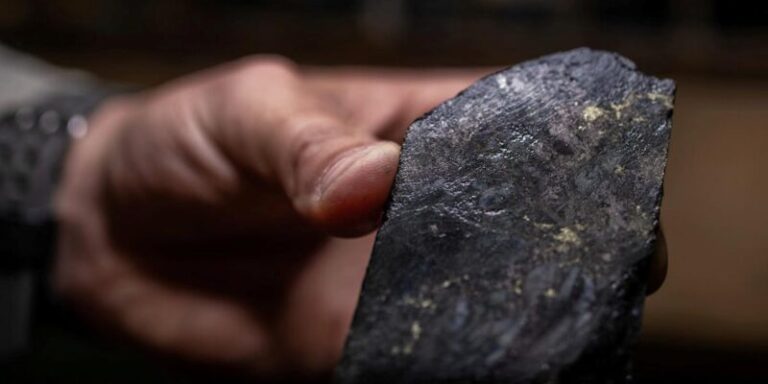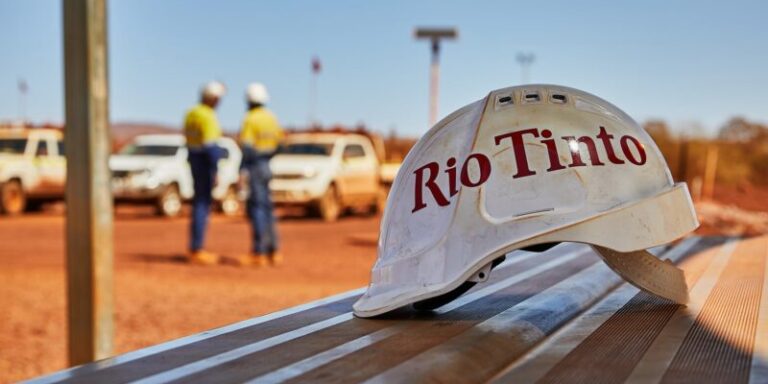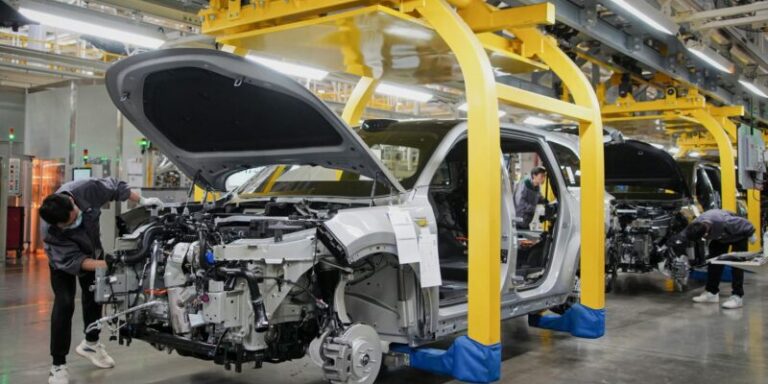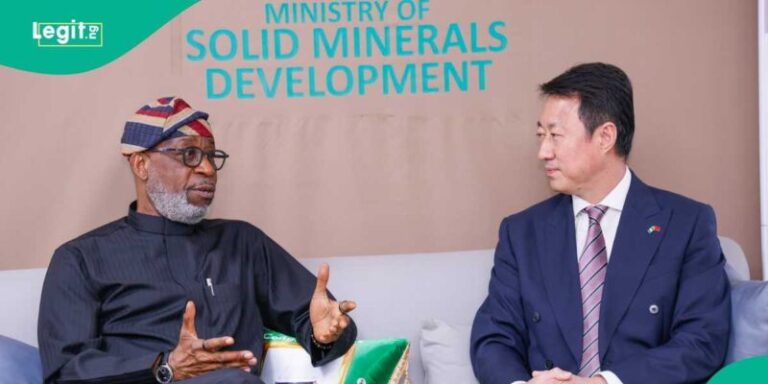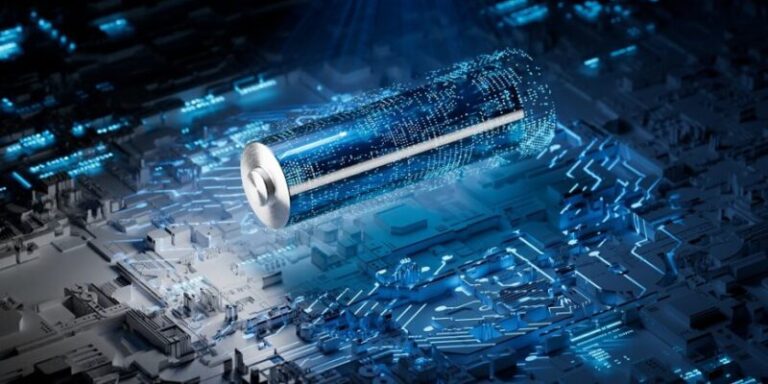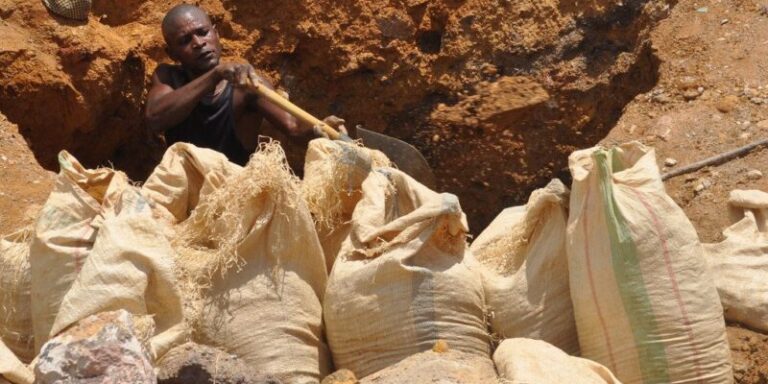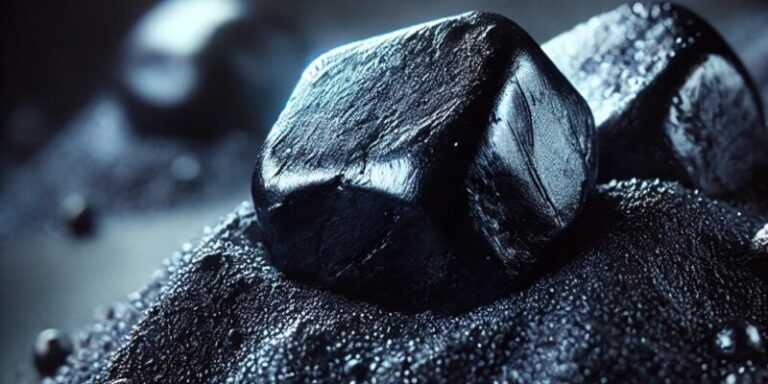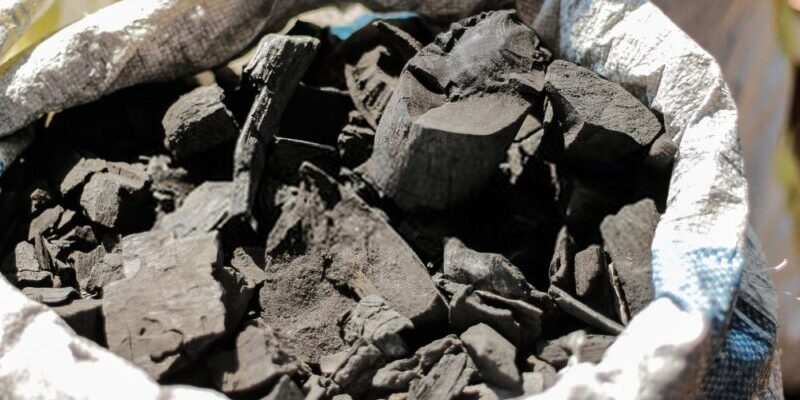
RIO DE JANEIRO – South Star Battery Metals is looking into a faster ramp up of its Brazilian graphite mine, CEO Richard Pearce told Reuters on Friday, after China said it will require export permits for the key ingredient in electric vehicle batteries.
“One of the scenarios, given everything that is going on in the world, is skipping Phase 2 and going straight to Phase 3,” said the chief executive of the Vancouver-based miner.
That would take the Santa Cruz project’s output to 50 000 metric tons annually, from 5 000 metric tons in Phase 1, which is due to start commercial production in January.
South Star is one of several miners racing to ramp up new graphite projects to secure supplies for the next generation of electric vehicles – efforts that took on a new sense of urgency with China’s export controls.
Pearce called the developments a “wake-up call that the lithium-ion battery isn’t just lithium.”
“Nobody could care less about graphite five years ago, much less a week ago and now suddenly,” he added, “there’s a little bit of wind at our back.”
Shares of South Star jumped 24% on Friday.
The miner’s current schedule for the Santa Cruz project in Brazil calls for two years in Phase 1, followed by two years in Phase 2, producing 25 000 metric tons annually, before reaching Phase 3.
In an accelerated scenario, the firm could hit 50,000 metric tons about two and a half years after Phase 1, Pearce said.
The project’s ramp up to 50 000 tons could make Brazil the biggest producer of graphite outside China, said Luiz Mauricio Azevedo, president of the Brazilian Association of Mineral Research and Mining Companies.
Brazil ranked third in graphite production in 2021, with a 6.7% share, behind China and Madagascar, according to data gathered by industry group Ibram, which represents multinational and large domestic mining firms operating in Brazil.


